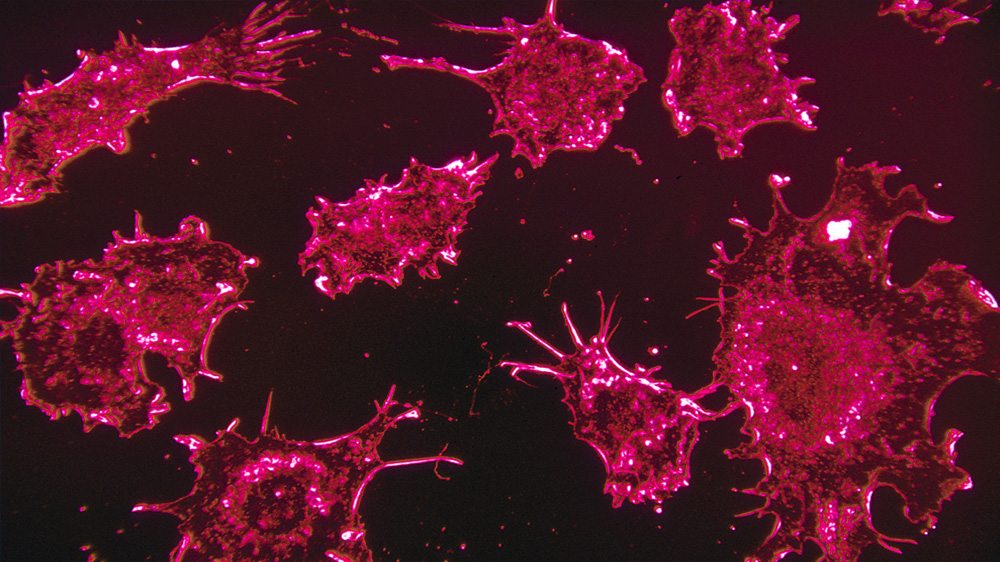Promising Drug Subdues Obesity-Associated Gene from Triggering Cancer
Breast cancer and lung cancer remain the top two leading causes of cancer-related deaths in women. Because of limited success in reducing the high mortality of these diseases, new drugs and approaches are desperately needed. Cancer prevention is one such promising strategy that is effective in both preclinical and clinical studies.
A new bromodomain inhibitor, I-BET 762, that reversibly targets BET (bromodomain and extraterminal) proteins, has now been found to significantly delay the development of existing breast and lung cancers by zeroing in on how a cancerous gene, called c-Myc, acts.
“I-BET-762 works by targeting DNA so that this gene can’t be expressed,” Lead researcher, Karen Liby, said. “It does this by inhibiting a number of important proteins – both in cancer and immune cells – ultimately reducing the amount of cancer cells in mice by 80 percent.”
These proteins are important because they play a critical role in what occurs between cells. For example, a particular protein, known as pSTAT3, can become activated in immune cells and stop them from doing their job, such as fighting off an invading cancer. The offending protein also can become overproduced in cancer cells and
act as a shield – ultimately protecting the tumor.“In our study, the drug decreased pSTAT3 levels by 50 percent in both types of cells,” Liby said.
The second study, led by Jamie Bernard, an assistant professor of pharmacology and toxicology, applied Liby’s findings to precancerous cells. “We looked directly at the effect I-BET-762 had on human cells that could become tumorigenic, but weren’t quite yet,” Bernard said. “We found that the drug prevented more than 50 percent of these cells from becoming cancerous.”
The c-Myc gene is induced by visceral fat, which is found around the inner organs of the body as opposed to subcutaneous fat, which is located under the skin. This visceral fat is more dangerous to your health.
“Almost half a million of all new cancers have been linked to obesity,” Bernard said. “There is evidence that visceral fat and high-fat diets can increase cancer risk; and while current cancer treatments have helped to lower cancer mortality, the number of obesity-associated cancers continues to climb.”
Drugs that act similarly to I-BET-762 also are being tested in clinical trials for the treatment of a variety of other cancers including leukemia, lymphoma, brain tumors and myeloma. Liby and Bernard hope I-BET-762 will increase breast and lung cancer patients’ chances of survival.






























